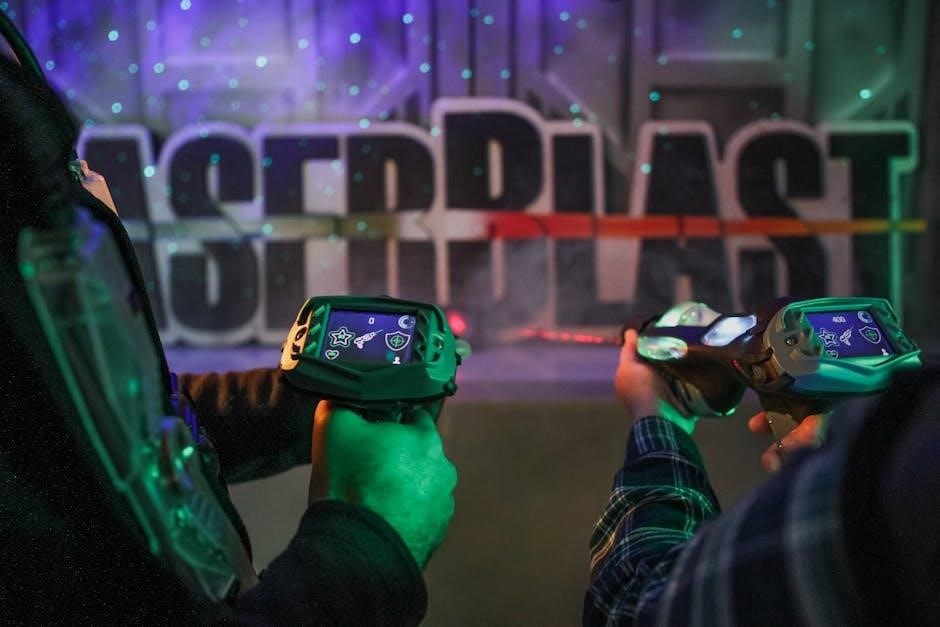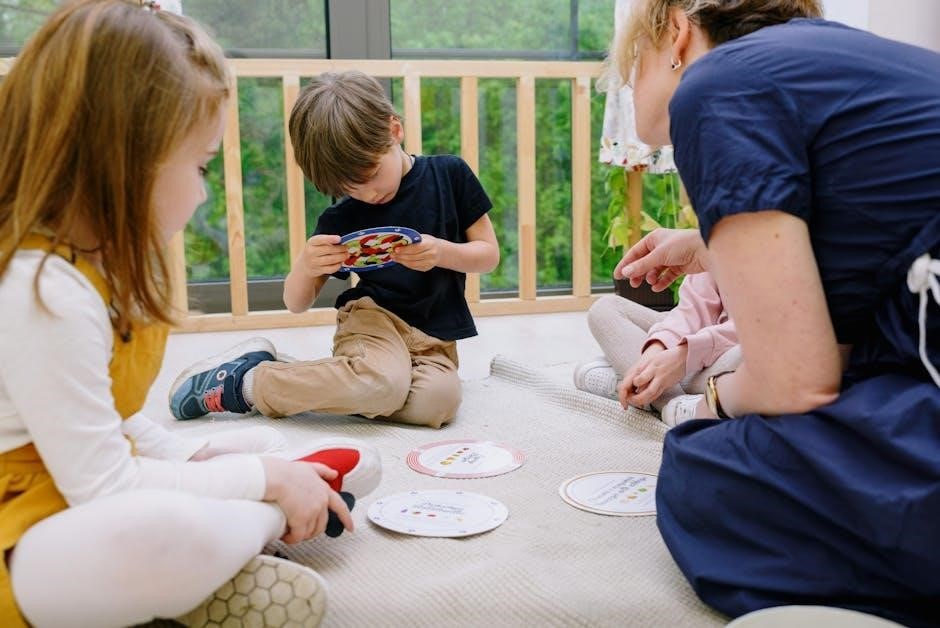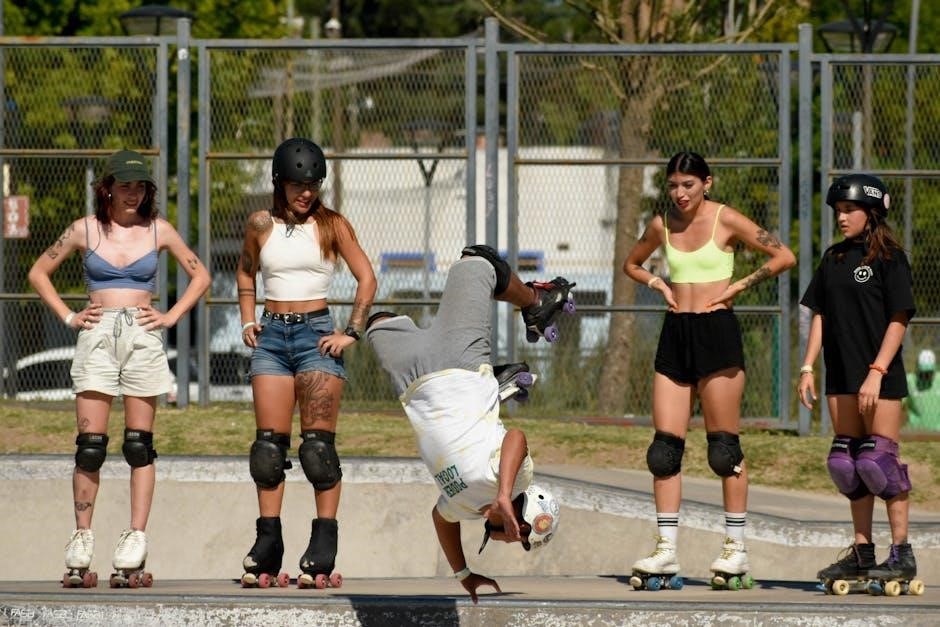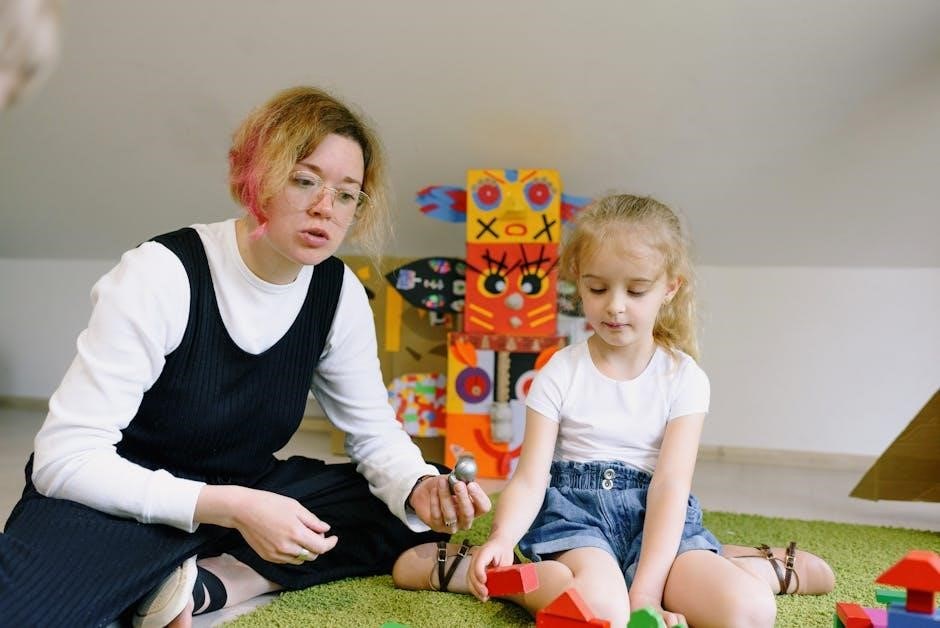Social skills involve behaving appropriately in diverse social settings. They encompass interpreting body language and facial expressions. Effective social skills impact how others perceive and treat us, influencing our interactions and relationships.
Social skills enhance confidence, physical development, and school readiness. They are vital for forming friendships and navigating social situations successfully. Mastering social skills improves communication and facilitates positive interactions with others in various environments.
Definition of Social Skills
Social skills refer to the ability to interact effectively and appropriately with others in a variety of social contexts. This encompasses both verbal and non-verbal communication, including the capacity to understand and respond to social cues, such as body language and facial expressions. Social skills also involve the ability to initiate and maintain conversations, express oneself clearly, and listen attentively to others. Furthermore, they include the capacity to navigate social situations with tact, empathy, and respect for others’ perspectives. Individuals with strong social skills can build and maintain positive relationships, resolve conflicts constructively, and adapt their behavior to suit different social settings. These skills are essential for success in personal, academic, and professional life, contributing to overall well-being and fulfillment. Deficient social skills can lead to difficulties in forming relationships, managing conflicts, and achieving personal and professional goals.

Understanding Social Skills
Importance of Social Skills in Daily Life
Social skills play a vital role in nearly every aspect of daily life, influencing our interactions, relationships, and overall well-being. From simple greetings to complex negotiations, social skills enable us to navigate the social world effectively. They are crucial for building and maintaining meaningful relationships with family, friends, and colleagues. Strong social skills facilitate effective communication, allowing us to express our thoughts and feelings clearly while understanding others’ perspectives. In academic settings, social skills contribute to successful collaboration, active participation, and positive interactions with teachers and peers. Professionally, social skills are essential for teamwork, leadership, and building rapport with clients and colleagues. Moreover, social skills help us resolve conflicts constructively, manage emotions effectively, and adapt to different social situations. Lacking these skills can lead to isolation, difficulty in forming relationships, and challenges in achieving personal and professional goals. Thus, cultivating social skills is essential for a fulfilling and successful life.

Social Skills Worksheets: An Overview
What are Social Skills Worksheets?
Social skills worksheets are structured activities designed to improve social interaction abilities. They provide exercises and scenarios to practice communication, empathy, and conflict resolution, fostering better social behaviors.
What are Social Skills Worksheets?
Social skills worksheets are educational resources designed to enhance an individual’s ability to interact effectively and appropriately with others. These worksheets typically contain a variety of activities, exercises, and scenarios aimed at developing specific social competencies. They can address a wide range of skills, including communication, empathy, cooperation, and conflict resolution.
The worksheets often present real-life situations and ask the user to consider how to respond or react in a socially acceptable manner. They may include role-playing exercises, fill-in-the-blank questions, or open-ended prompts that encourage critical thinking about social dynamics. Social skills worksheets can be used in various settings, such as schools, therapy sessions, or at home, to support the development of crucial interpersonal skills. They are valuable tools for individuals seeking to improve their social interactions and build stronger relationships.
Benefits of Using Worksheets
Using social skills worksheets offers numerous benefits for individuals of all ages. These worksheets provide a structured and engaging way to learn and practice essential social competencies. One key benefit is the ability to improve communication skills, enabling individuals to express themselves clearly and effectively. They also foster empathy and understanding by prompting users to consider different perspectives and emotions.
Furthermore, social skills worksheets can help build confidence in social situations, reducing anxiety and promoting positive interactions. They offer a safe space to explore various scenarios and develop appropriate responses. The worksheets can also enhance problem-solving skills, teaching individuals how to navigate conflicts and resolve issues constructively. Regular use of these resources can lead to improved relationships, better teamwork, and increased success in both personal and professional settings. Ultimately, social skills worksheets empower individuals to thrive in a diverse and interconnected world.

Key Social Skills Addressed in Worksheets
Worksheets often target effective communication, teaching clear expression and active listening. They provide structured activities to practice verbal and non-verbal cues for successful interactions in various social contexts.
Communication Skills
Communication skills are fundamental for social interaction, and worksheets offer structured ways to develop them. These resources often include activities focusing on both verbal and non-verbal communication, such as interpreting body language and understanding tone of voice. Effective communication involves expressing oneself clearly and listening attentively to others.
Worksheets can help individuals learn to articulate their thoughts and feelings appropriately, while also developing the ability to understand and respond to the emotions of others. Activities may involve role-playing, scenario analysis, and identifying different communication styles. By practicing these skills, individuals can improve their ability to build relationships, resolve conflicts, and navigate social situations with greater confidence.
Ultimately, mastering communication skills through worksheets can lead to more fulfilling and meaningful interactions in all aspects of life.
Empathy and Understanding
Empathy and understanding are crucial components of social competence, and worksheets can be valuable tools for fostering these skills. These resources often present scenarios and activities designed to help individuals develop the ability to recognize and understand the emotions of others. By exploring different perspectives and considering how others might feel in various situations, individuals can cultivate empathy and improve their social interactions.
Worksheets may include exercises that involve identifying emotions based on facial expressions, body language, and tone of voice. Additionally, they may encourage individuals to reflect on their own experiences and consider how their actions might impact others. Through consistent practice and reflection, individuals can develop a deeper understanding of human emotions and learn to respond with compassion and empathy.
This enhanced emotional intelligence can lead to stronger relationships, improved communication, and a greater sense of connection with others.
Conflict Resolution
Conflict resolution is a vital social skill, and worksheets can provide structured activities for learning effective strategies. These resources often present common conflict scenarios and guide individuals through steps to reach peaceful resolutions. The goal is to teach constructive communication and problem-solving skills, transforming potentially negative interactions into opportunities for growth and understanding.
Worksheets might include role-playing exercises, encouraging individuals to practice active listening, expressing their needs respectfully, and finding mutually agreeable solutions. They can also help in identifying different conflict styles and understanding the impact of one’s own behavior on others. By working through various scenarios and techniques, individuals can build confidence in their ability to navigate disagreements effectively.
Ultimately, these tools empower individuals to de-escalate tense situations, build stronger relationships, and foster a more harmonious environment. Mastering conflict resolution leads to personal growth and improved social interactions.
Finding Free Social Skills Worksheets (PDF)
Numerous online platforms offer free social skills worksheets in PDF format. These resources cater to various age groups and skill levels, providing accessible tools for educators, parents, and individuals seeking to improve social competence.
Online Resources for Free Downloads
Finding free social skills worksheets in PDF format is easier than ever, thanks to the abundance of online resources. Websites dedicated to educational materials, particularly those focusing on special needs and social-emotional learning, often provide a selection of downloadable worksheets. Teachers Pay Teachers is one such platform where educators share resources, many of which are available for free.
Additionally, organizations and institutes specializing in disability and community support may offer free resources, including social skills worksheets designed for diverse learners. These worksheets can be a valuable tool for parents, educators, and therapists looking to support individuals in developing essential social skills. Exploring these online resources allows you to access a wide range of activities and lessons to promote positive social interactions and enhance communication abilities.

Using Social Skills Worksheets Effectively
Incorporate worksheets into daily routines at home and school. Embed teaching social skills within everyday activities. This reinforces learning and helps individuals apply skills in real-world scenarios, promoting practical understanding.
Integrating Worksheets into Daily Activities
To effectively integrate social skills worksheets, embed them into everyday routines both at home and in the classroom. Teaching social skills should be interwoven with daily activities. Use meal times to discuss conversation starters, or incorporate role-playing during playtime to practice empathy. Real-life situations offer invaluable opportunities to apply learned concepts, reinforcing understanding and retention.
Make learning interactive by using games that teach taking turns and managing emotions. Discuss the impact of actions on others after watching television shows or reading books. Encourage children to identify characters’ feelings and consider alternative responses. By connecting worksheets to tangible experiences, social skills become more relevant and easier to grasp. Consistently reinforce positive behaviors and provide constructive feedback to nurture growth and confidence in navigating social interactions.
Adapting Worksheets for Different Age Groups
Adapting social skills worksheets for different age groups is crucial for maximizing their effectiveness. For younger children, use visually appealing worksheets with simple language and engaging illustrations. Focus on basic skills like greeting others and sharing. Incorporate activities that involve role-playing and storytelling to make learning fun.
As children get older, introduce more complex scenarios and abstract concepts. Worksheets for adolescents can address topics like conflict resolution, empathy, and effective communication. Encourage critical thinking and self-reflection by including open-ended questions and real-life examples. Remember to tailor the content to match the developmental stage and cognitive abilities of each age group. Provide support and guidance as needed, and celebrate progress to motivate continued learning and growth in social skills.
